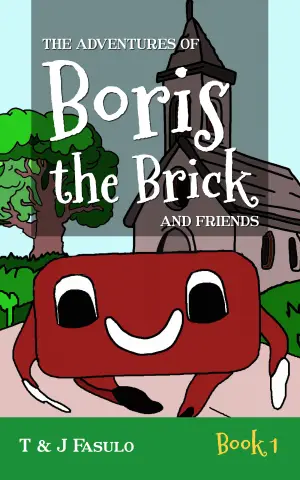Book Review: The Fault in Our Stars by John Green
When I first picked up The Fault in Our Stars, I was a bit hesitant. Let’s face it—who doesn’t feel a twinge of apprehension when confronting a "cancer book"? But it was John Green’s name that lured me in. I had previously savored his sharp wit and emotional depth in Looking for Alaska and Paper Towns, so I knew there was promise lurking beneath the surface of this supposed tearjerker. What I discovered was an ineffable beauty that both shattered and mended my heart.
Set against a backdrop of illness and mortality, Green introduces us to Hazel Grace Lancaster, a sixteen-year-old navigating life with terminal cancer. With her oxygen tank close by and an intriguing mix of dark humor and morbid introspection, Hazel feels both detached from life and impossibly alive. The book opens with her observation that “depression is a side effect of dying,” and from there, we dive headfirst into her world—a world that somehow feels incredibly relatable despite its heaviness.
Enter Augustus Waters, the charming and witty fellow attendees of a cancer support group. Augustus is magnetic, with a track record of surviving osteosarcoma and a penchant for philosophical musings. Their relationship unfolds with a shimmer of hope, swimming against the current of their terminal diagnoses, and it’s a beautiful contradiction: love blossoming in the midst of despair. As they embark on a life-affirming journey to Amsterdam to meet Hazel’s favorite author, we’re treated to a profound exploration of both youth and mortality.
One of Green’s strengths is his masterful dialogue. Augustus’s metaphor about cigarettes—“the killing thing right between your teeth, but you don’t give it the power to do its killing”—speaks to larger truths about agency and choice. Their conversations are lined with humor, sharp insights, and a blend of teenage banter that feels refreshingly authentic. As someone who’s navigated life with humor as a coping mechanism, I could relate to how these characters use wit as both armor and connection.
The pacing flows well, striking a balance between light-hearted banter and the weight of existential contemplation. I found myself caught off guard by the raw emotional punches, and Green’s lyrical prose made some passages feel like poetry. One line that lingered in my mind is “Grief does not change you, Hazel. It reveals you.” It encapsulates the essence of the book—a meditative journey through love, loss, and the need to live fully, even when faced with the unbearable.
In conclusion, The Fault in Our Stars is more than a “cancer book.” It’s a poignant love story that resonates on multiple levels, celebrating the fleeting beauty of life. Readers who enjoy heartfelt narratives, authentic characters, or are fans of Young Adult literature will likely cherish this book. Personally, it’s a narrative that taught me about the importance of embracing life’s transient moments—a lesson that, in many ways, rejuvenated my perspective. If you haven’t read it yet, I urge you: grab a copy, and prepare for an emotional rollercoaster that is worth every tear.





